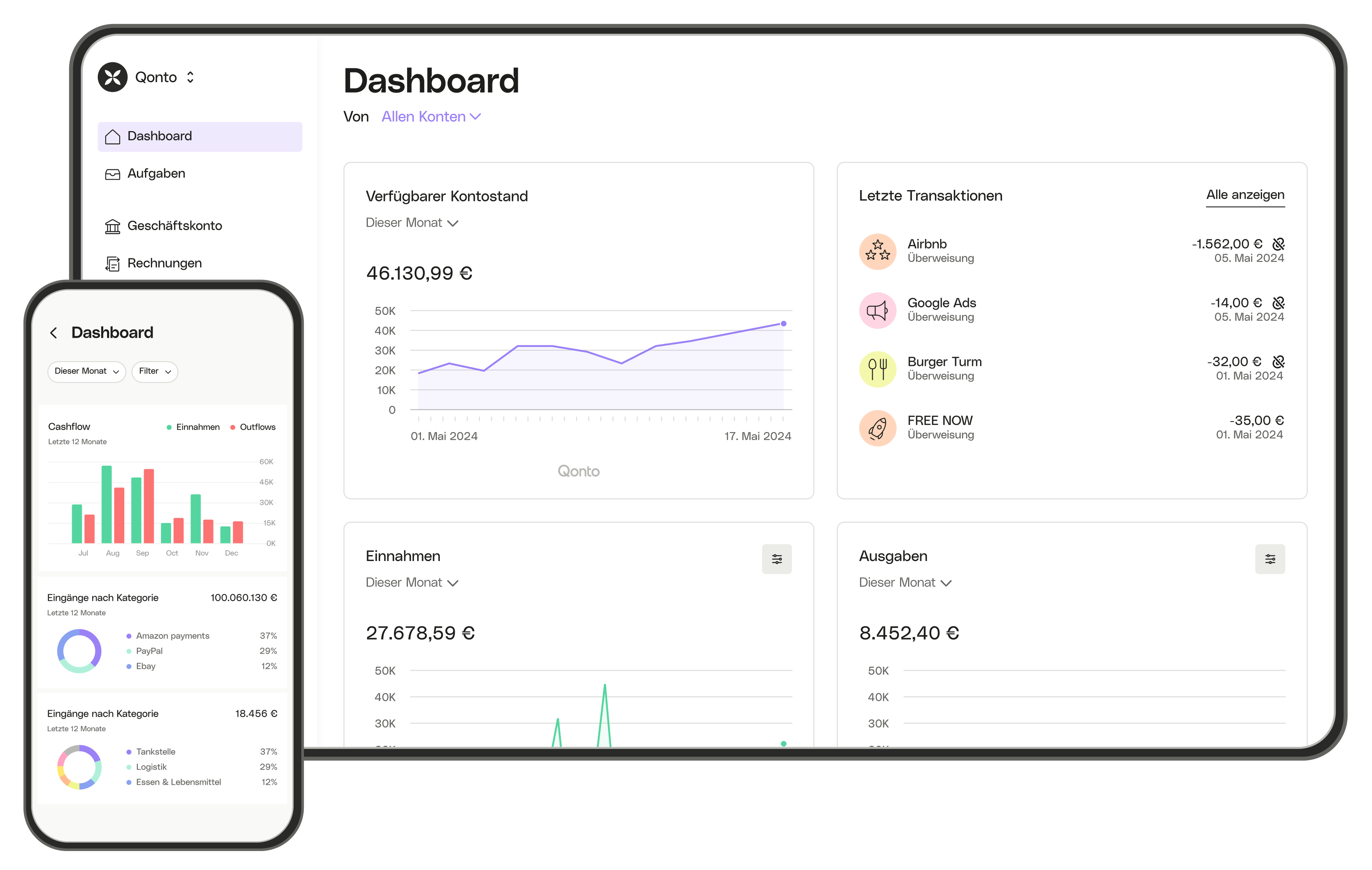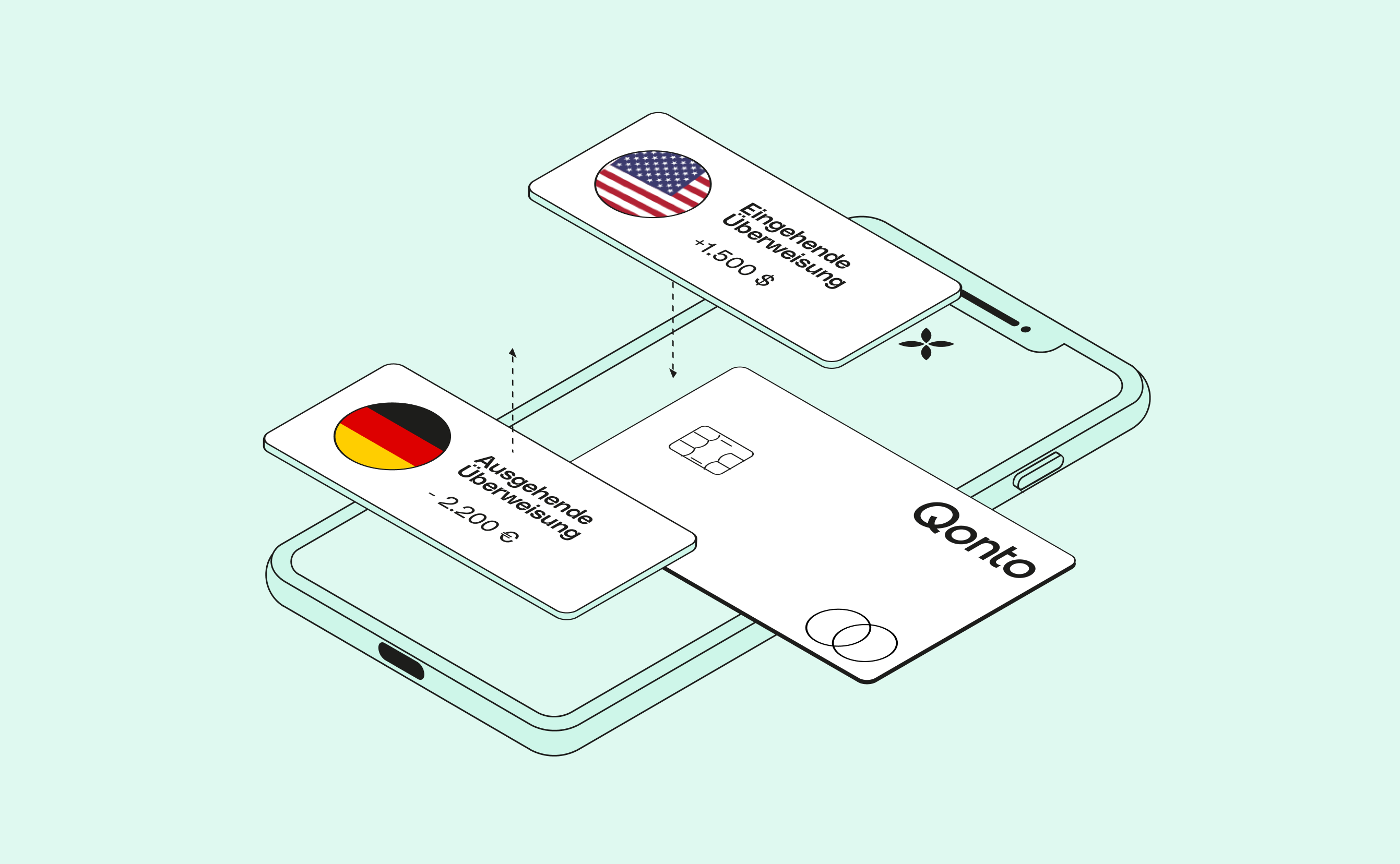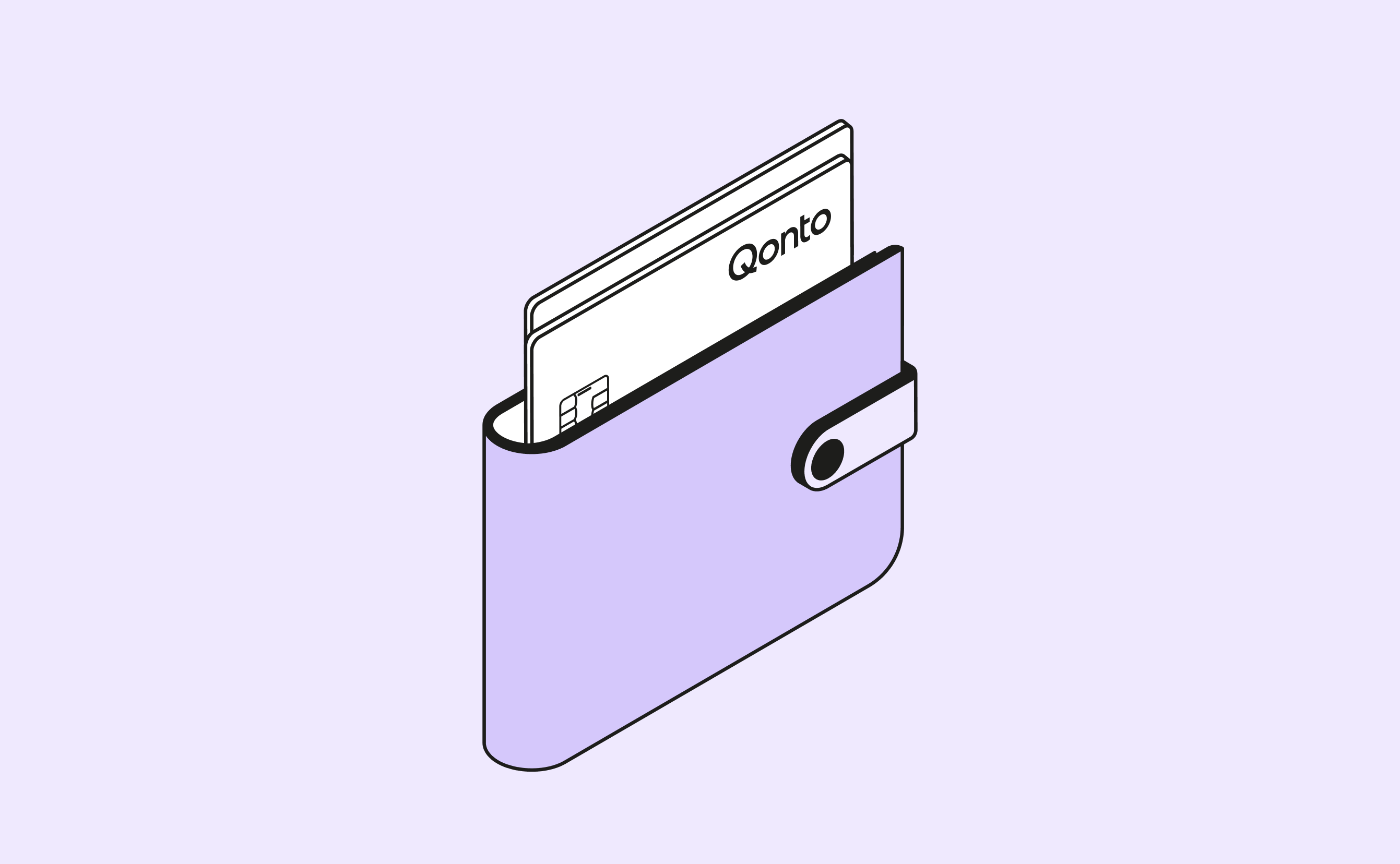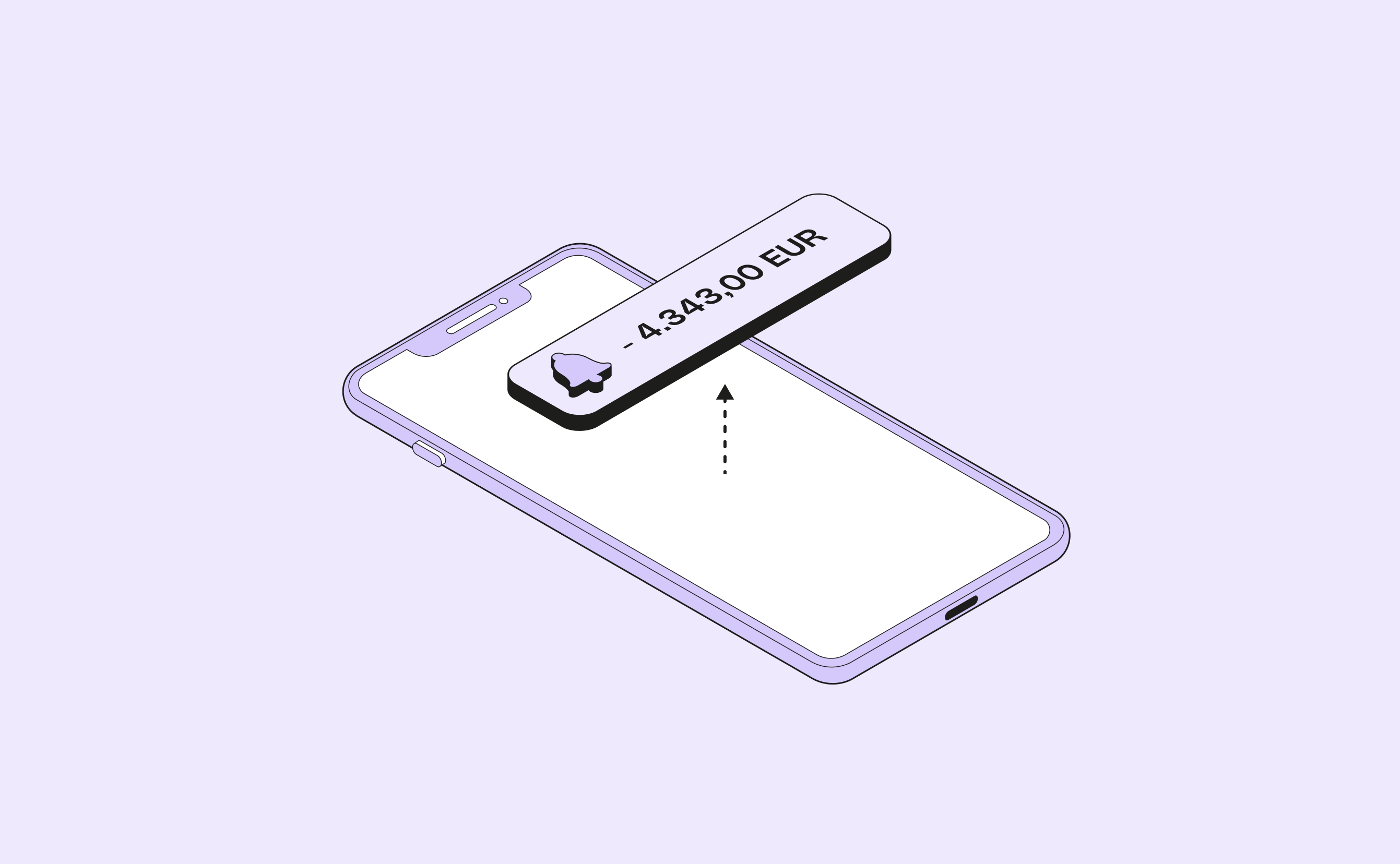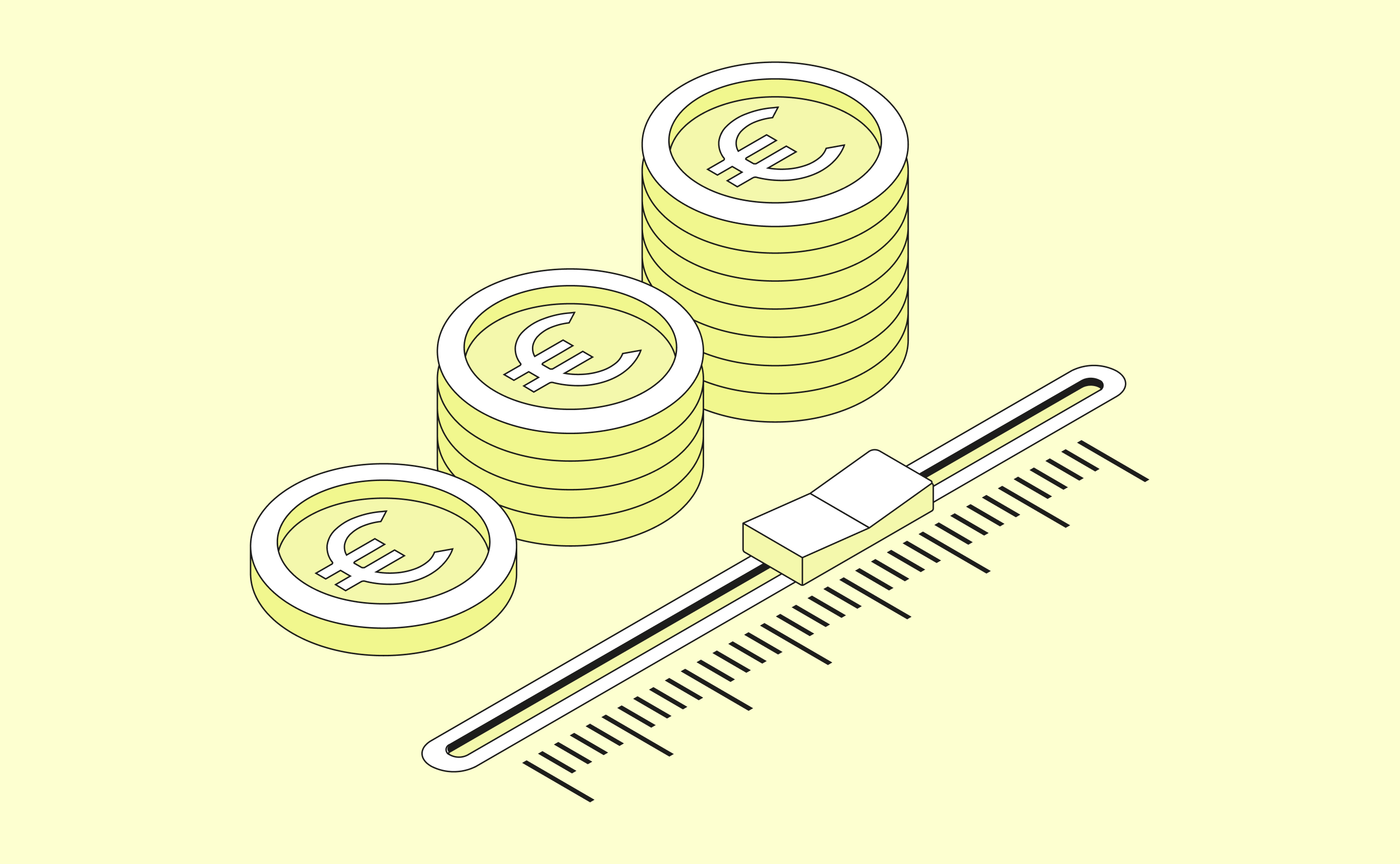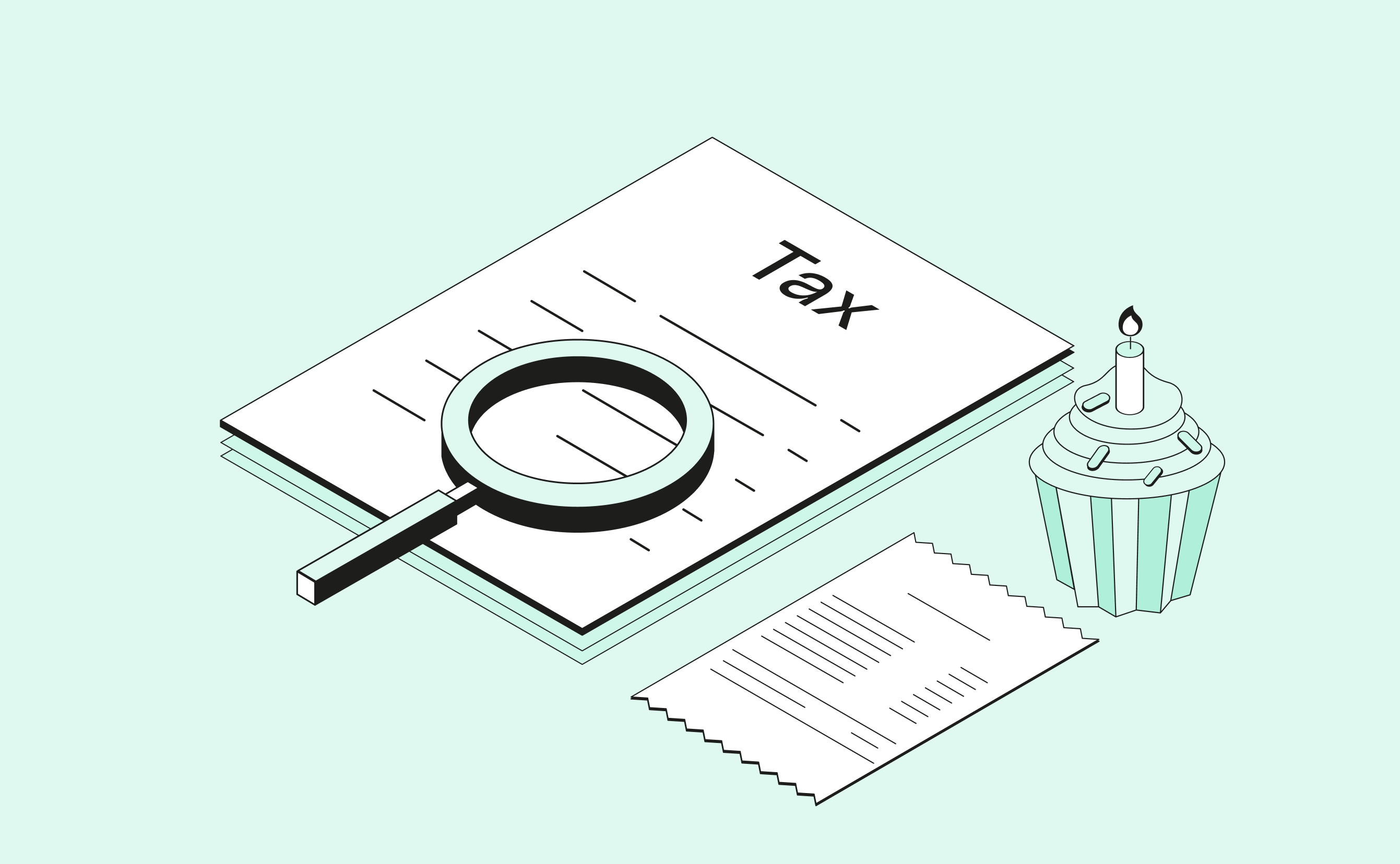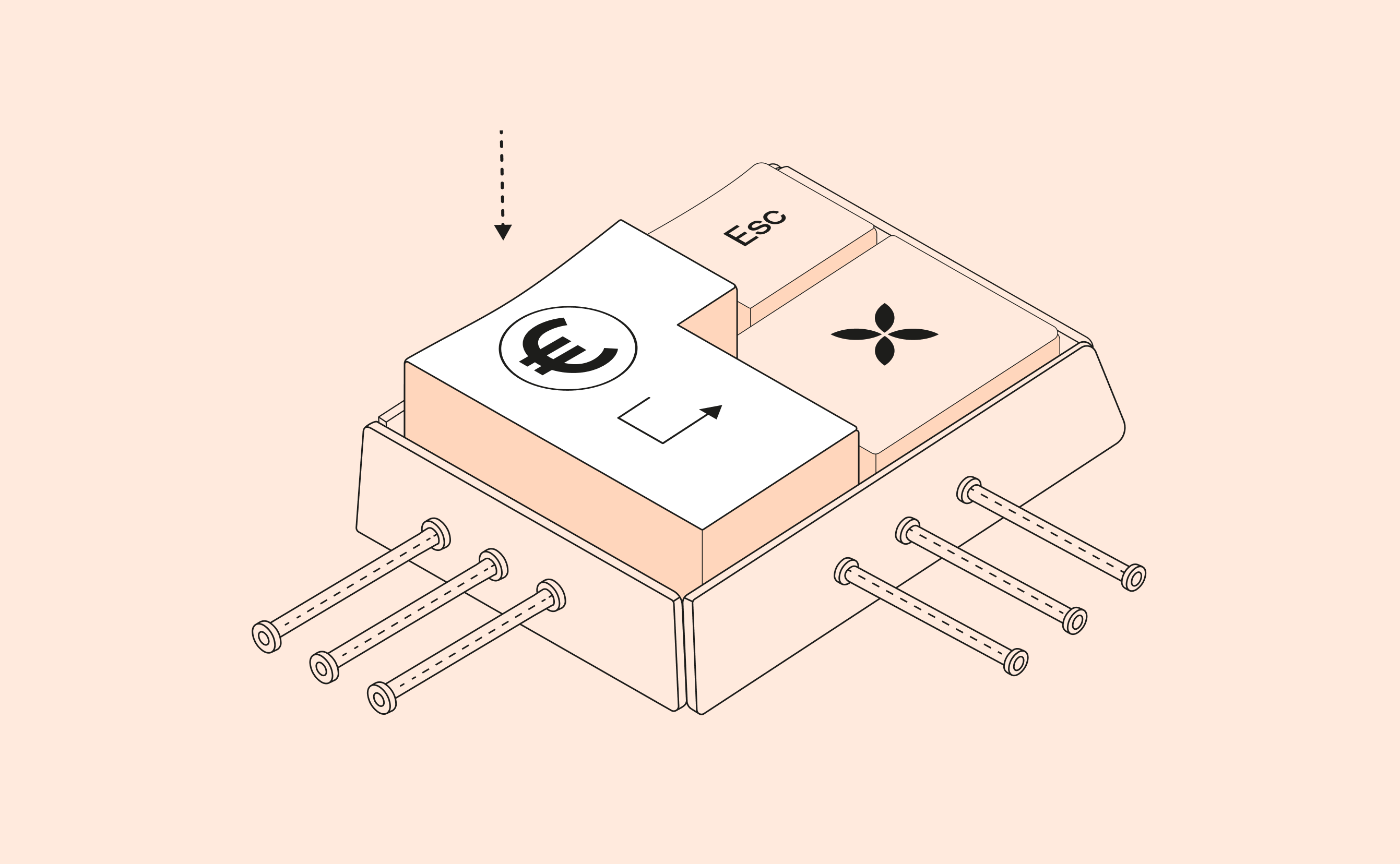Cheques might seem like the kind of thing you only see when a birthday card from your grandmother turns up in the mail, but they are still a valid method of payment around the world. One question many still have is, after I receive the cheque, how long do I have until I have to cash it? If you’ve just opened a draw and discovered several years worth of uncashed cheques from grandma, can you still reap the birthday rewards?
How long is a cheque valid for?
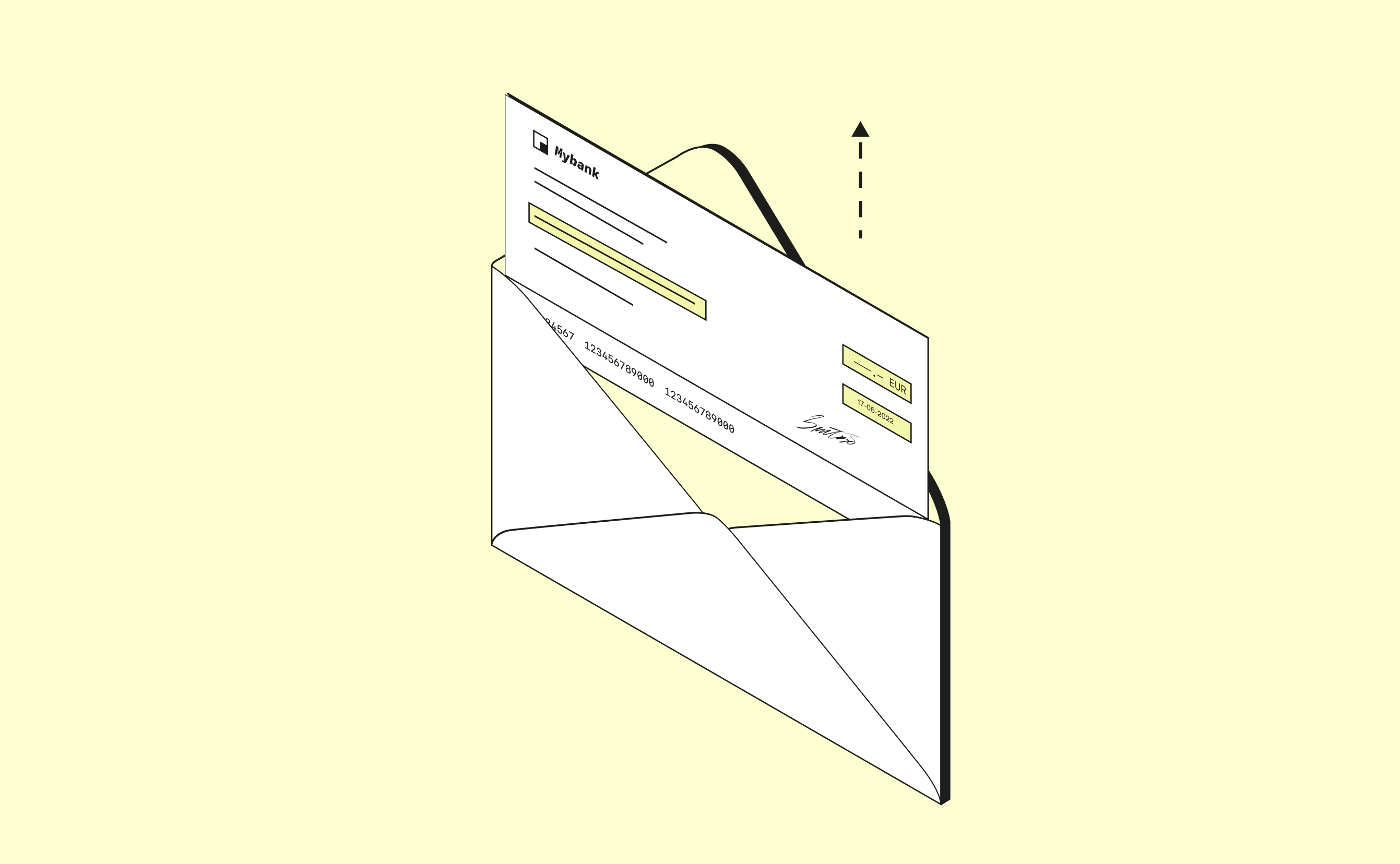
What is a cheque?
A cheque is a money order written and handed out by the account holder. It is essentially an instruction to the bank to pay the person or business who has received the cheque.
Are cheques still a valid payment form?
Cheques are still a valid, if uncommon, payment form. They are able to be used in shops, between individuals for a private transaction, as a form of wage payment, among other things.
How long is a personal cheque valid for?
A personal cheque is processed directly from your account, meaning the funds come from your bank account. While there’s no single duration of validity for personal cheques, most banks will only cash them within a six month period.
How long is a bank cheque valid for?
Bank cheques are distributed by the banks themselves, and will have the bank’s logo somewhere on the slip of paper. Banks write the cheque on behalf of the payer, who must pay the bank in full before the cheque is distributed to the receiver. Bank cheques are a more secure form of payment but the bank may charge a fee for distribution.
Cheque fraud
What to do if a cheque expires
If your cheque expires, your best bet is to contact the person who wrote the cheque and ask them to write another one. However, if the person has passed away or is refusing to write you another, you can take the matter to court.
Are cheques an outdated model?
While cheques are still in circulation, they have the reputation of being outdated. Younger generations may not even know how cheques work, as the proliferation of Apple Pay and Google Pay makes C2C and B2C payments easier than ever.
It’s important to understand the requirements of all payment methods still in circulation. While cheques may not be the payment method of choice for someone who prefers the immediacy and convenience of mobile payments, we may all come across cheques at some point and it makes sense that we understand their duration of validity.
Individual cards, budgets, and full control. Get a free consultation.

4.4 on Capterra
- Cheques are money orders written and distributed by account holders
- Usage of cheques has declined in recent years, but they are still valid and sometimes preferred by older generations as a method of payment
- Personal cheques and bank cheques usually have a maximum duration of six months before they expire
- If a cheque expires, the person for whom the cheque has been written can ask the issuer to write another cheque, or take the matter to court if it is worth the costs
- Due to their lack of convenience, cheques are generally seen as outdated models of payment, however they are still in circulation and digital infrastructure has been set up to hasten their processing
